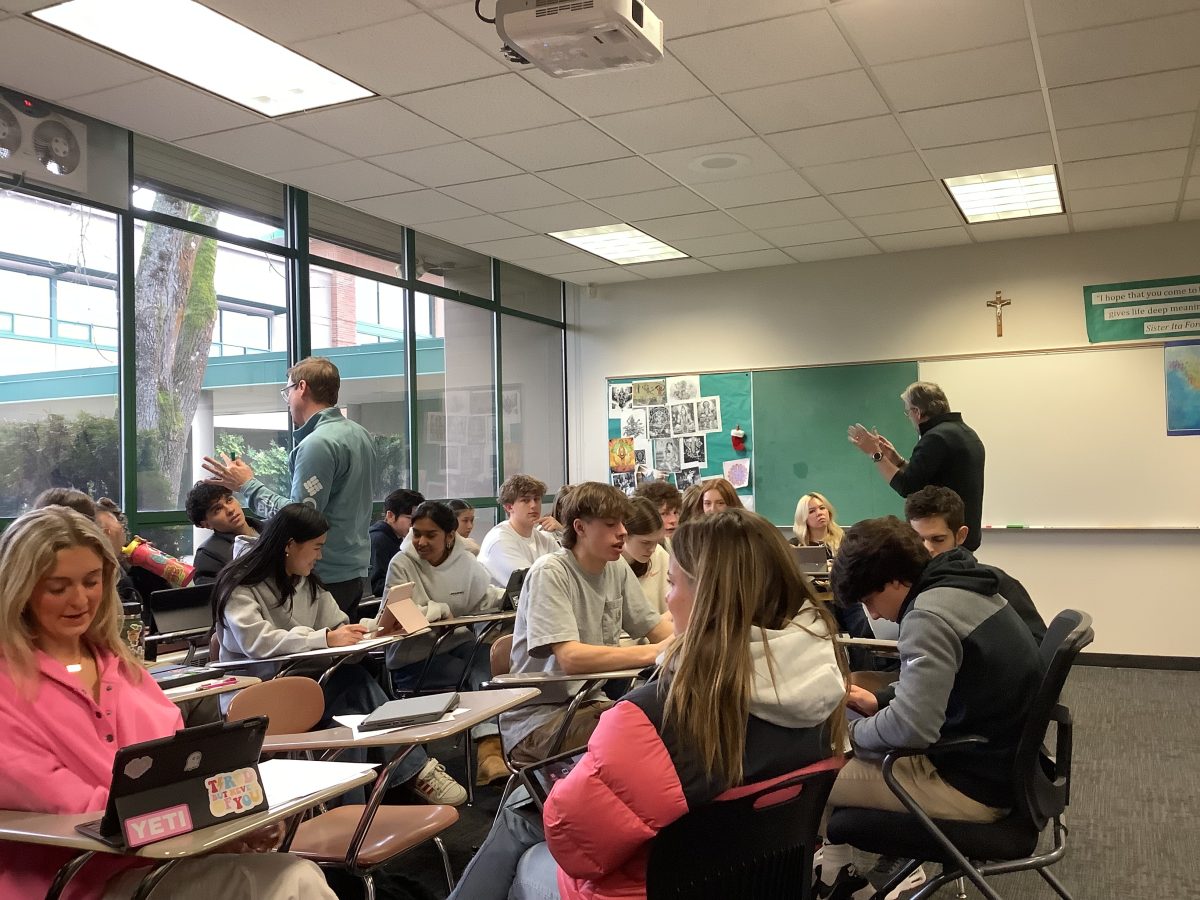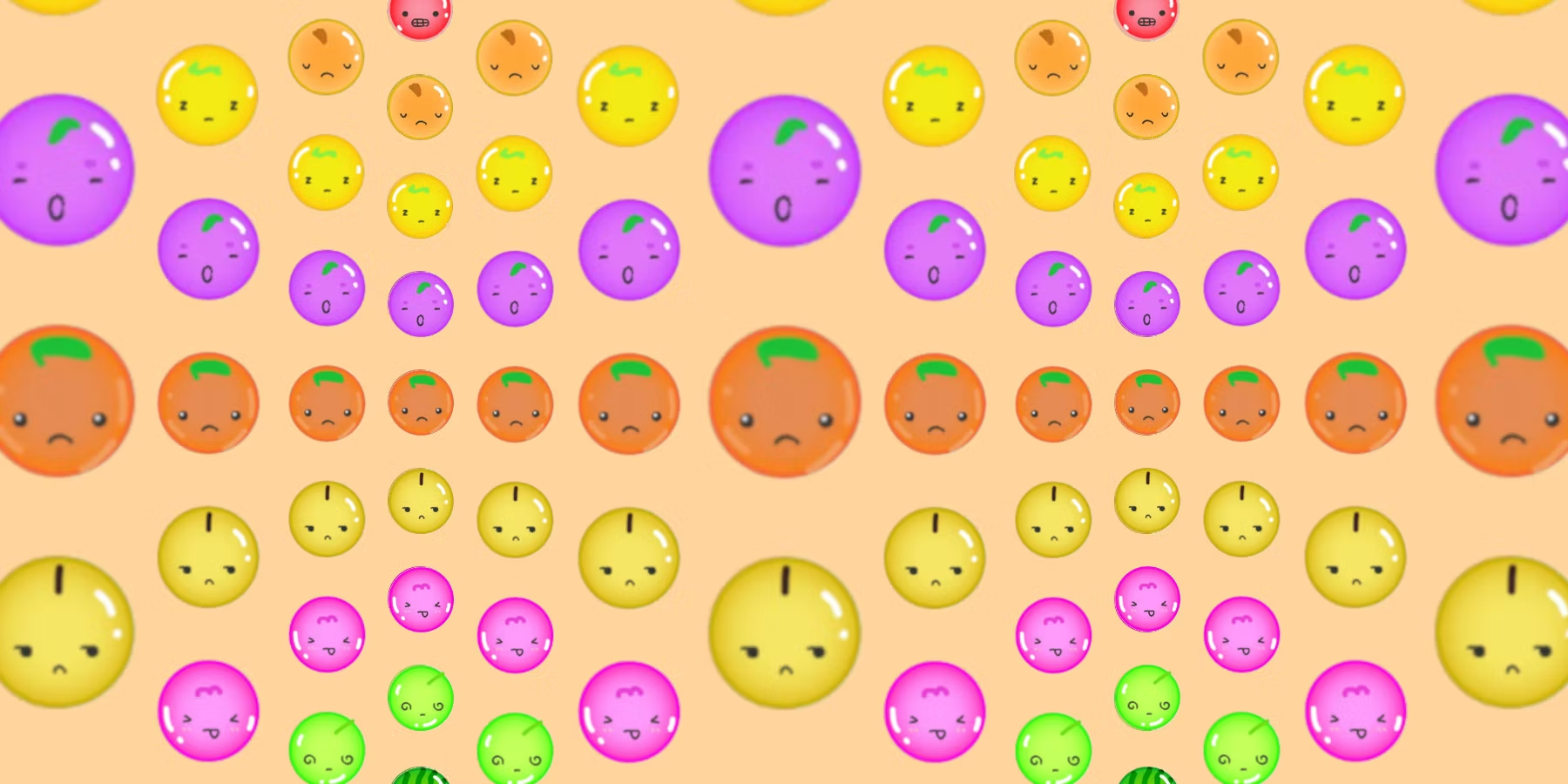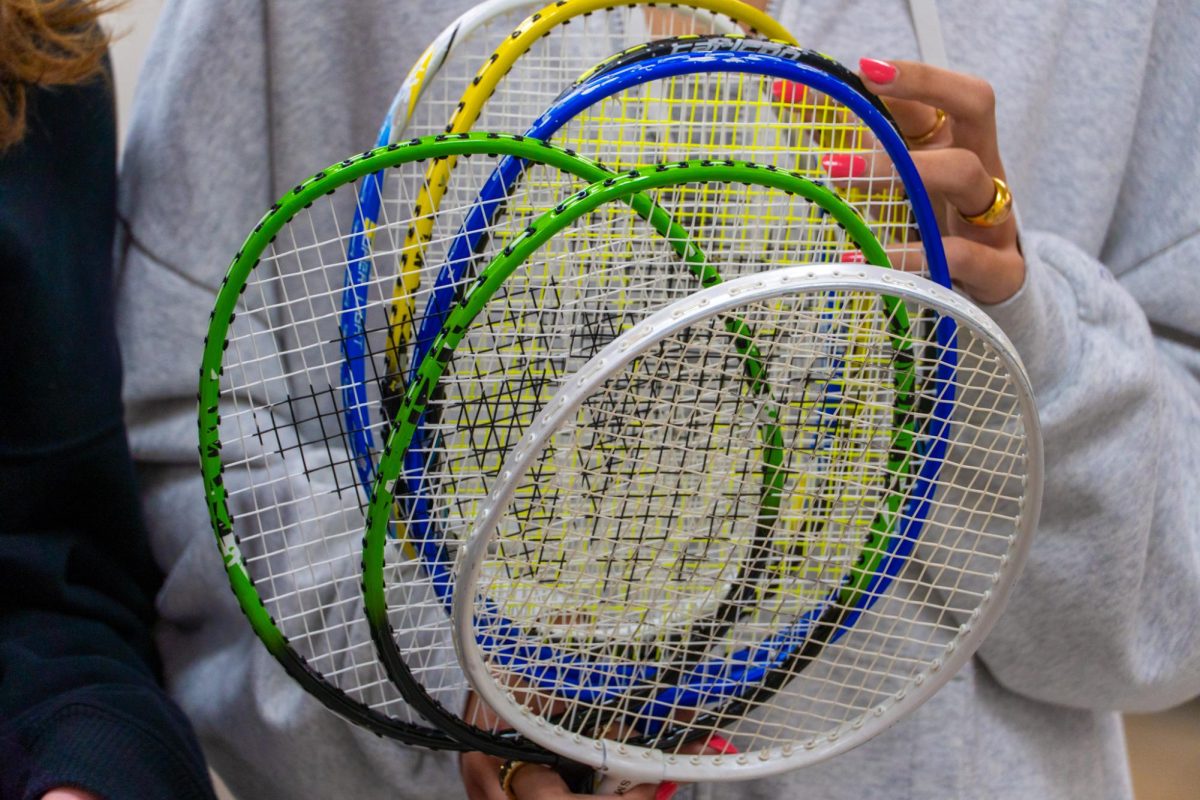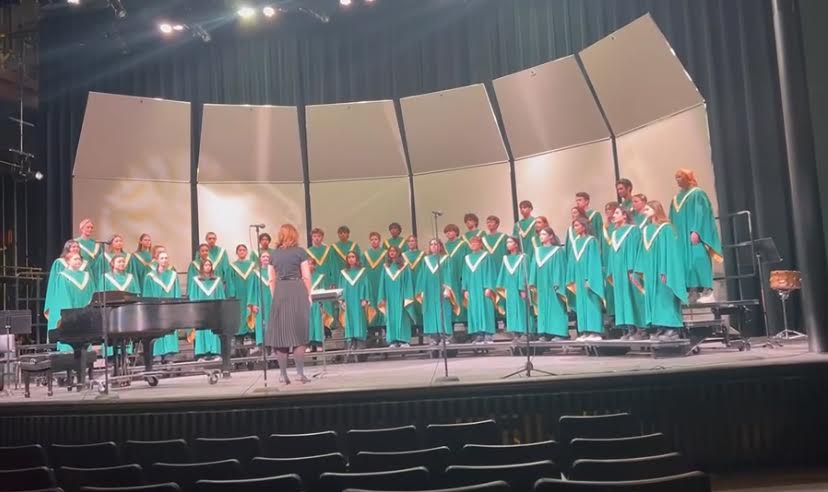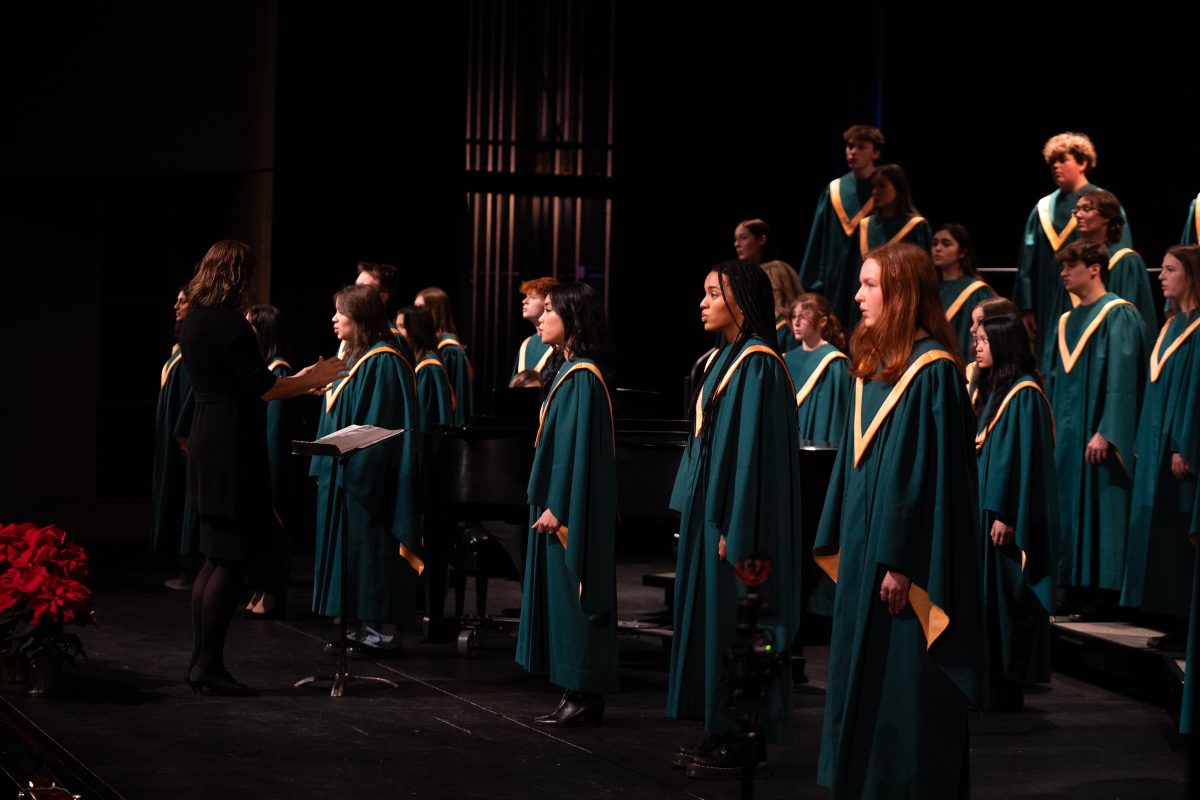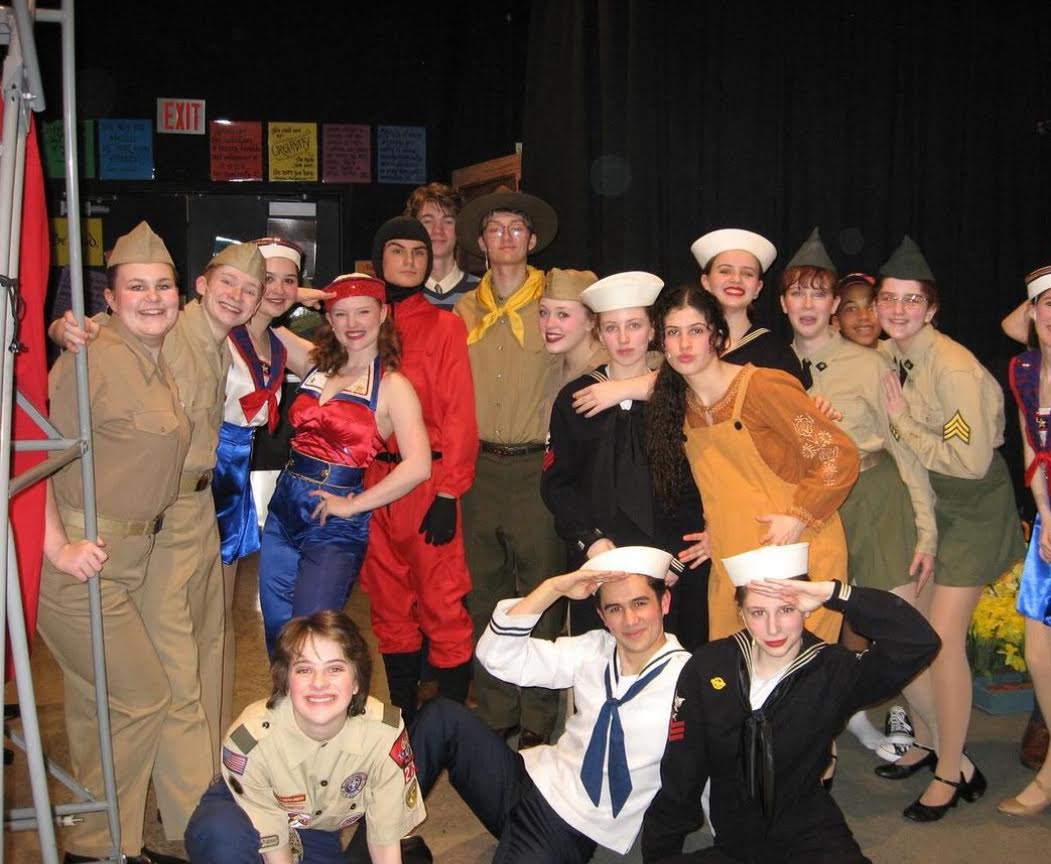With finals on the rise, one of the hardest things to do is study effectively. With a semester’s amount of material covered it may feel overwhelming when thinking about how to study and review all of it. This article will give you strategies and tips when it comes to studying for finals.
Notes: Hopefully over the course of the semester you have taken in class notes that come from either a teacher lecture, video or slideshow. Reviewing these notes and highlighting or rewriting key points can build your memory around the most important topics. I suggest having a separate, hand written piece of paper with all of the important points. After making this separate piece of paper, creating a Quizlet or Kahoot with the key concepts to further practice would be most beneficial. Another tip is to create hand written summaries over each section. These summaries can further help you identify key concepts. If you find yourself in a position where you did not take any class notes, most teachers, if not all, post their slideshows or notes on Canvas under Modules. The modules under canvas can sometimes be more helpful because they will have the specific language the teacher uses. For example, in my Problems of Faith class, I review all the articles that Mr. Allen writes and posts under Modules. These often have points that are not talked about as much in class, but still will be on the final. If you cannot find them, I suggest emailing your teacher and if that does not work, ask a friend for their notes.
Tests and Quizzes: Many teachers reuse or reword test or quiz questions on the final. So making sure you fully understand each question is extremely important. Also, correcting the questions you got wrong can help you better understand the concept. If you are not sure what you did wrong, ask your teacher or a friend for help. Creating a Quizlet or Kahoot for test and quiz answers can also be very effective and can help you recognize answers faster. This strategy is what junior, Gigi Abernethey uses for her Chemistry class. She says, “reviewing old tests helps me build my memory of questions quicker. It also prepares me for the language that will be used on the test. I think a great way to study with old tests is to cover up the original answer with another paper and then try to get the answer with no help.”
Study Guides: Sometimes the study guides given by teachers can be filled with so much material that you feel you can never review it all! Going through the study guide and crossing off terms or concepts that you feel you already know very well can help narrow down what you need to study. In most cases, your teacher wants to help you succeed. So if you see material that you don’t know on the review guide, be sure to study it. These concepts can be studied by writing them down or meeting with your teacher to further develop your understanding. One exception to crossing off things that you already know is in math. I believe that you should attempt every problem on the review. It never hurts to get more practice in!
Note Cards: If you are lucky enough to receive a notecard or note sheet on your final, use all of it! This is your personal cheat sheet that is meant to help you. I suggest having an organized handwritten outline of what you are going to put on your note card. This saves you from unwanted errors and taking up unnecessary space on your notecard. For example, if I was creating my notecard for US History I would create a piece of paper and divide it into three sections: Terms, People and Concepts. Under those I would write the material that I don’t know as well. When I am done with my piece of paper I would transfer all of it on to my notecard. I would divide my notecard up into three sections and be sure to highlight key words such as a person’s name, key event, or piece of information. Be sure to write small, but also make sure you can read it!
One of the best things to do before your final is raise your class grade as much as you can so you don’t have to fully rely on the final exam to get you a better grade. Ultimately, get a good night’s rest and trust that you have prepared yourself to the best of your ability!



